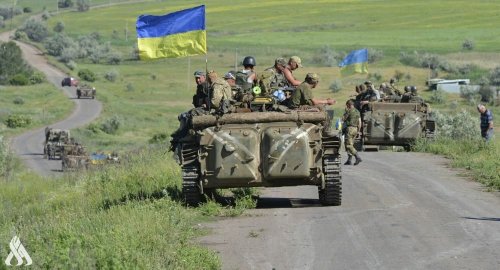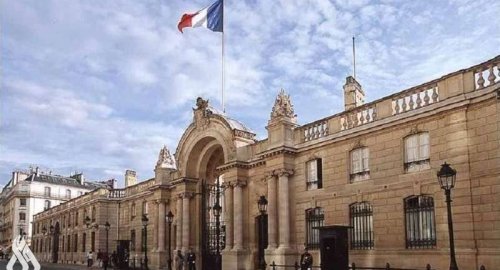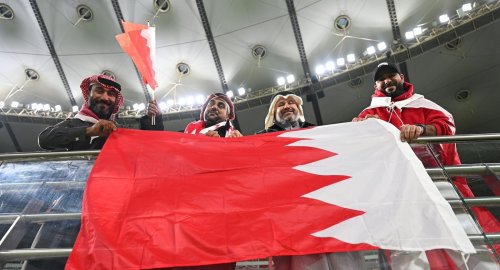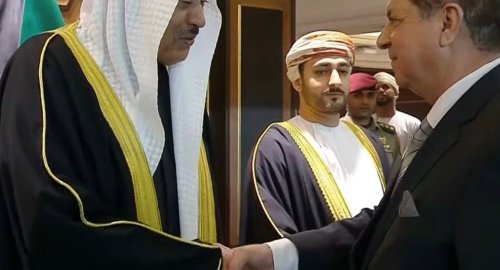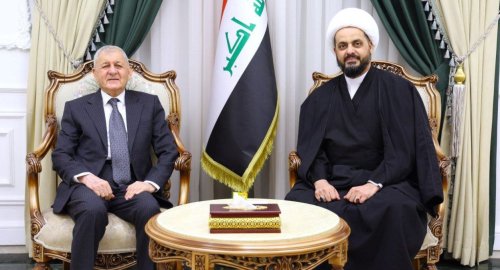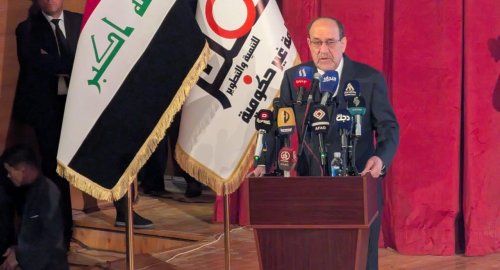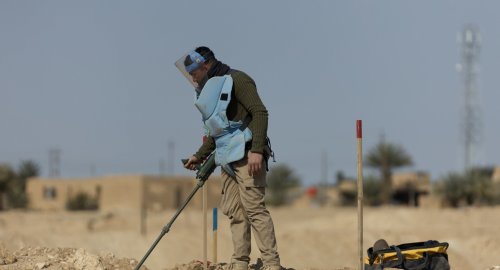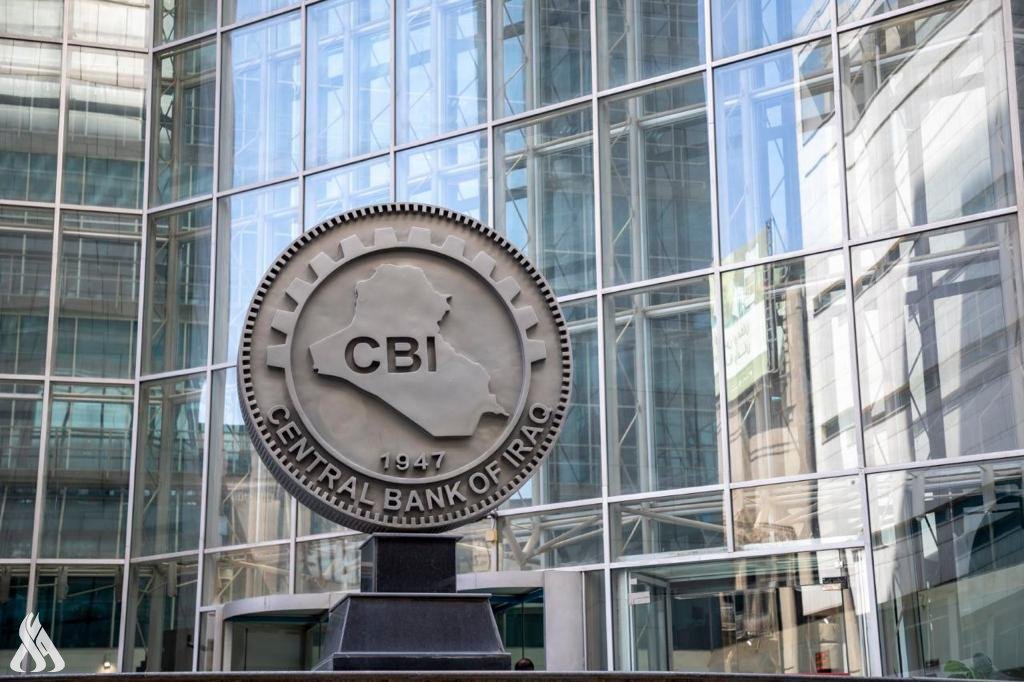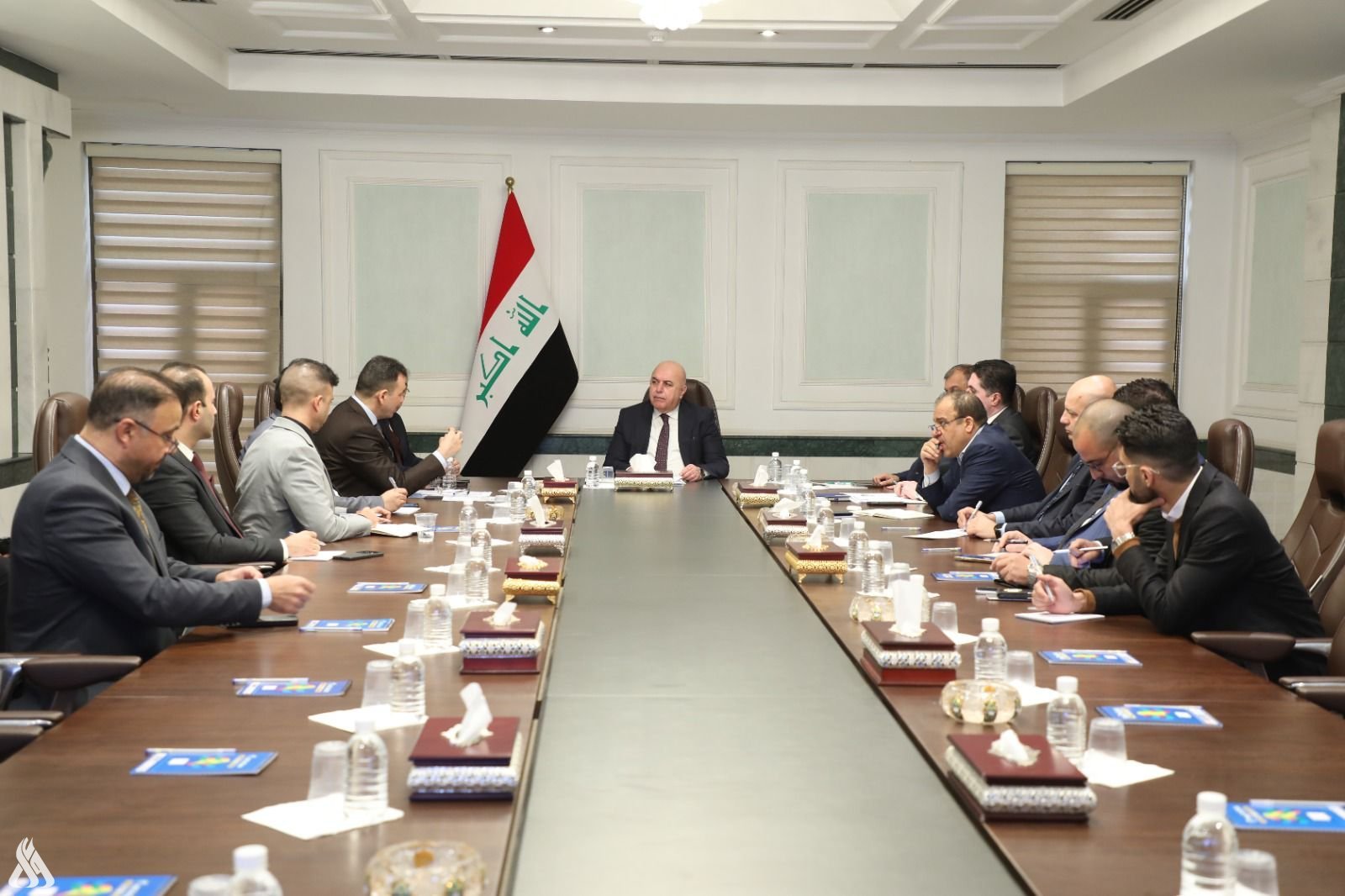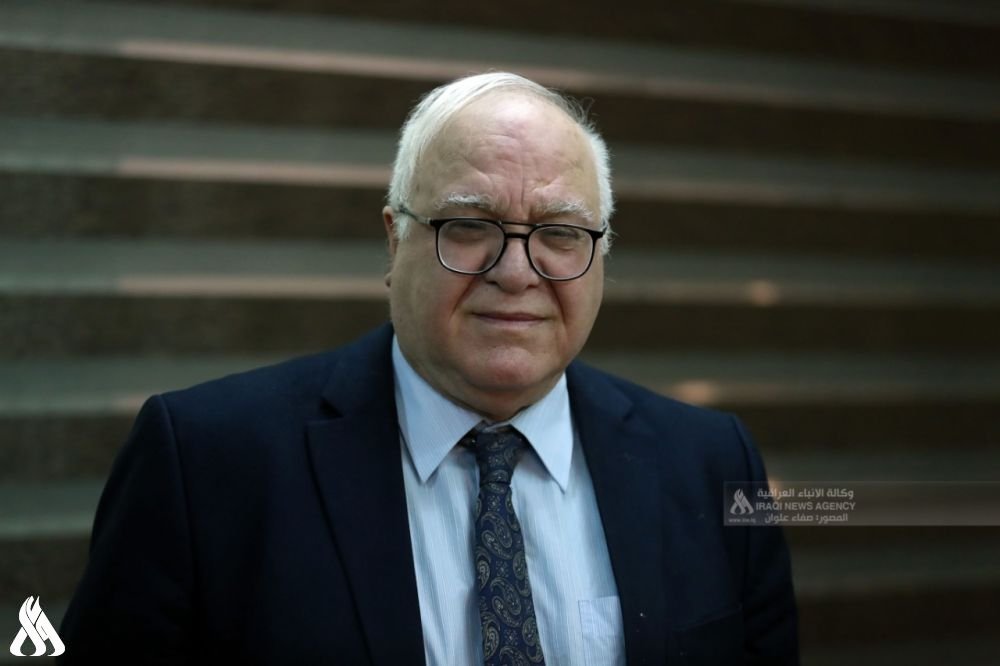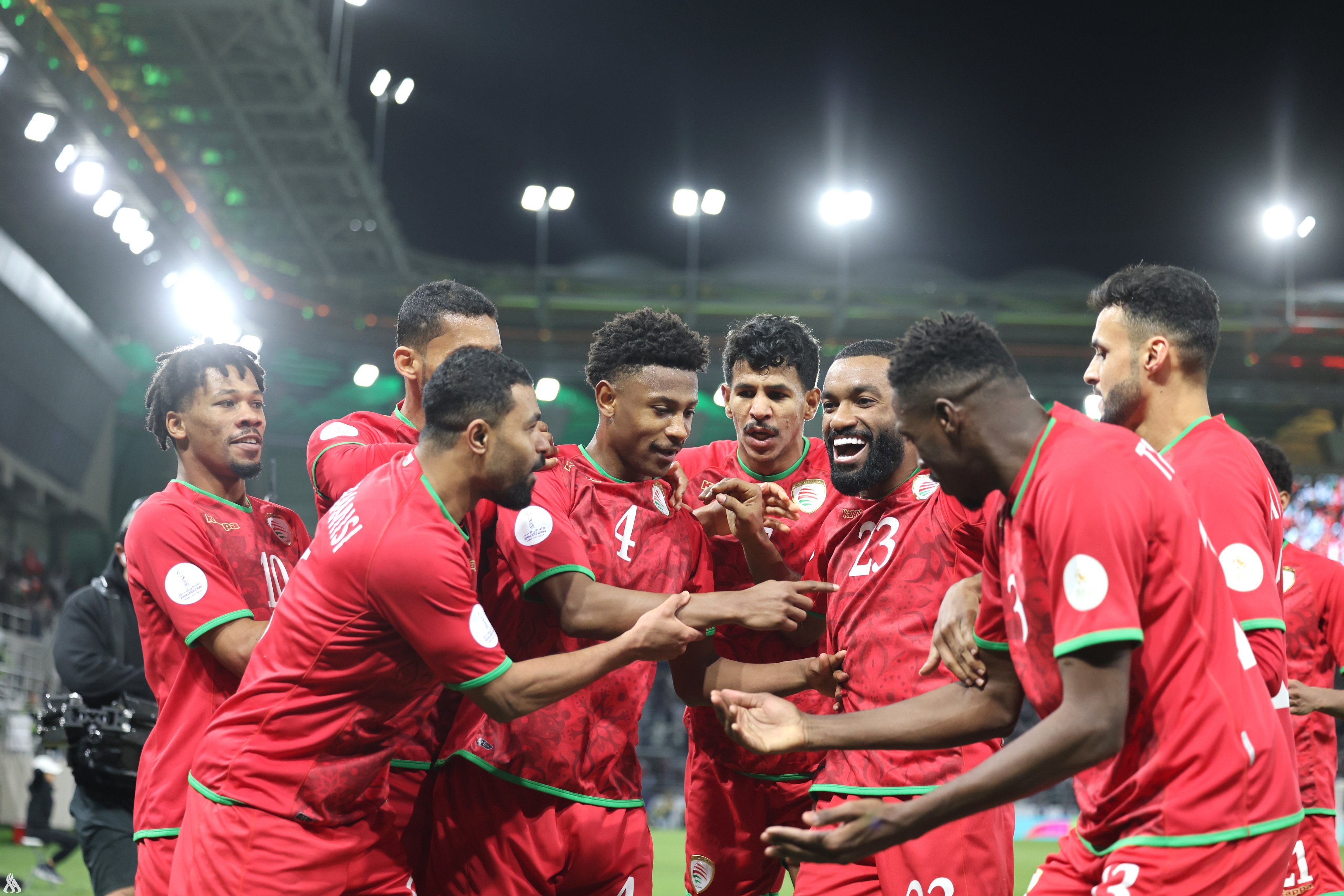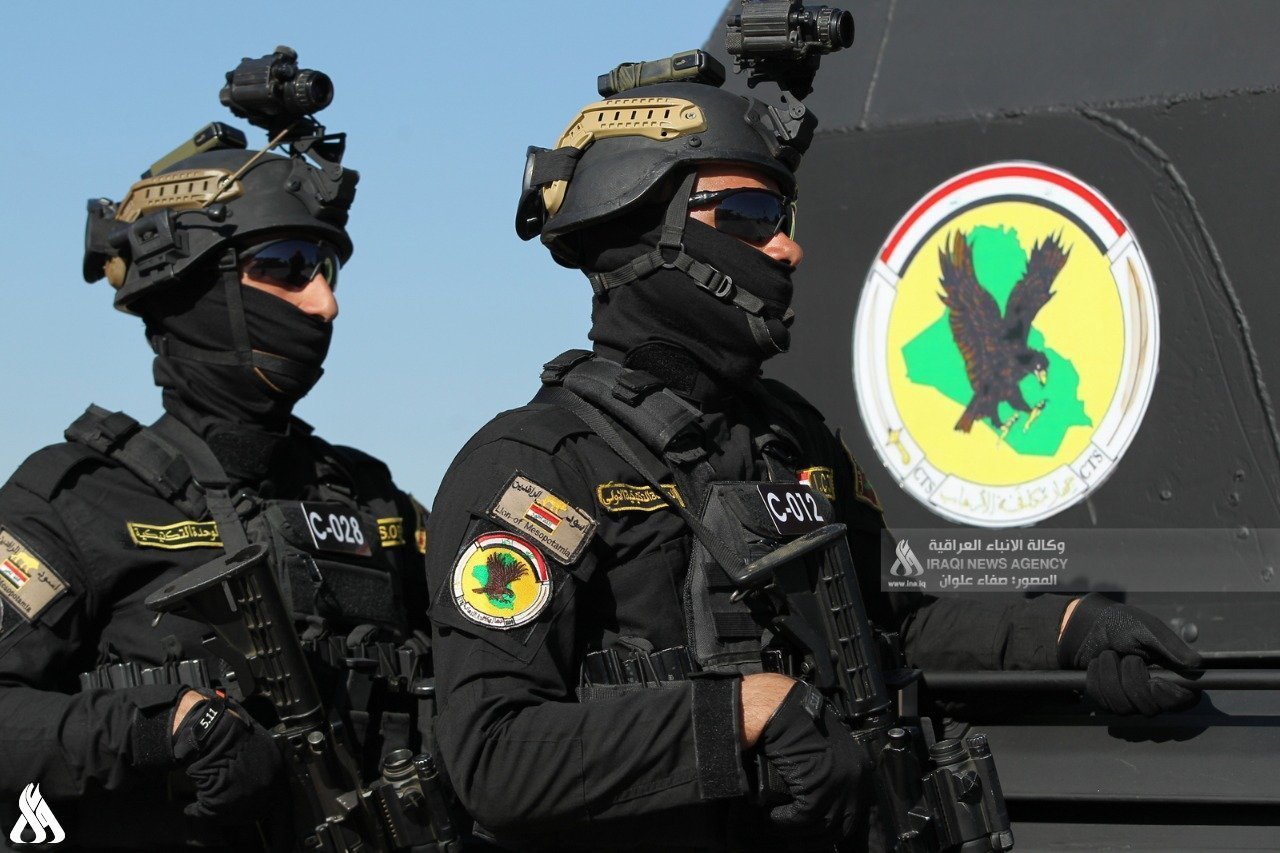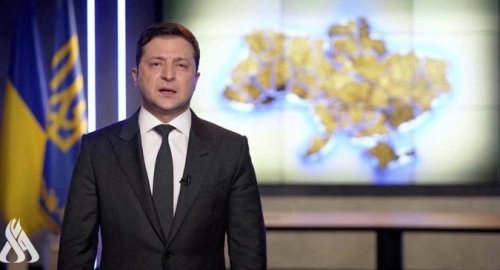
Ukraine's Zelensky asks citizens to resist and Europe to do more

- 26-02-2022, 09:44
INA-sources
A defiant Ukrainian President Volodymyr Zelensky has urged European countries to do more to help as he urged his citizens to halt Russia's invasion.
The second day of fighting saw tanks enter the capital, Kyiv, for the first time.
Ukrainian officials said they have handed out 18,000 guns to volunteers, as well as issuing instructions on how to make petrol bombs.
Analysts suggest Russia's advance has been slowed by fierce resistance.
A senior US official told Reuters news agency that Russia had encountered more resistance than anticipated, robbing the Russian force of momentum.
Volunteers with no combat experience have been seen queueing to join the Ukrainian defence, while age restrictions for joining the army have been dropped.
The UK's Chief of Defence Intelligence, Sir Jim Hockenhull, said that Russian forces continue to advance towards the capital - but that Ukrainian Armed Forces "continue to offer strong resistance, focusing on the defence of key cities".
The US, UK and EU have all levied financial punishment on Moscow, but stopped short of removing Russia from the international banking system, Swift.
However, Mr Zelensky said Western nations - and nearby Europe in particular - must go further and "act without delay".
"Europe has enough strength to stop this aggression," he said.
"The columns of tanks and the air strikes are very similar to what Europe saw a long time ago, during WW2 - something about which it said 'never again'," he said. "But here it is, again. Now, in 2022. 75 years after World War Two ended."
He said all counter-measures must be considered - including throwing Russia out of Swift, imposing visa bans and closing airspace to Russia.
The Ukrainian president's appeal came as Russia offered talks with Ukraine for the first time since the crisis began, but under restrictive conditions. Mr Zelensky has been seeking talks with Vladimir Putin since before the invasion began.
Kremlin spokesman Dmitry Peskov said Russia was prepared for talks with Ukraine, but only in the context of "demilitarisation" and about Ukraine's "neutral status".
Russia has said that Ukraine can never be allowed to join the Nato military alliance, a long-held ambition of Ukraine's.
Russia's Foreign Minister, Sergei Lavrov, said earlier that no talks could take place until Ukraine's military laid down its arms.
But President Zelensky has given no indication that he would accept talks under those conditions.
Addressing the armed forces, Mr Zelensky said: "Stand strong. You are all that we have. You are all that is protecting our state."
Nato Secretary General Jens Stoltenberg, meanwhile, said the alliance would continue to supply weapons to Ukraine and would is deploying thousands of troops to Europe to shore up defences of member nations.
Vladimir Putin responded with his own speech, suggesting that Ukrainian forces should turn against and overthrow Mr Zelensky's government.
Repeating an often-used baseless allegation that Mr Zelensky - a Jewish man - is a "neo-Nazi", Mr Putin also labelled the Ukrainian leadership as terrorists and drug dealers.
He accused Ukraine of installing missiles and other heavy weaponry in civilian buildings, using residents as human shields, which he said was based on advice from foreign - particularly US - advisers.
But global human rights group Amnesty International said it was Russia, not Ukraine, that was showing "a blatant disregard for civilian lives".
The charity said that Mr Putin's claim of precise strikes on military targets was false, and Russia was "using ballistic missiles and other explosive weapons with wide area effects in densely populated areas".
Strikes have hit hospitals, among other targets that Amnesty said "can constitute war crimes".
Source: BBC
Al-Maliki warns of a Zionist plan to divide the region
- politics
- 09:08
Iraq committed to the Ottawa Mine Clearance Treaty by 2028
- Investigations and reports
- 09:04
CBI: We have achieved a great achievement in abroad remittance
- Economy
- 25/01/01
Oman wins over Saudi Arabia to reach Gulf Cup 26 final
- Sport
- 24/12/31
